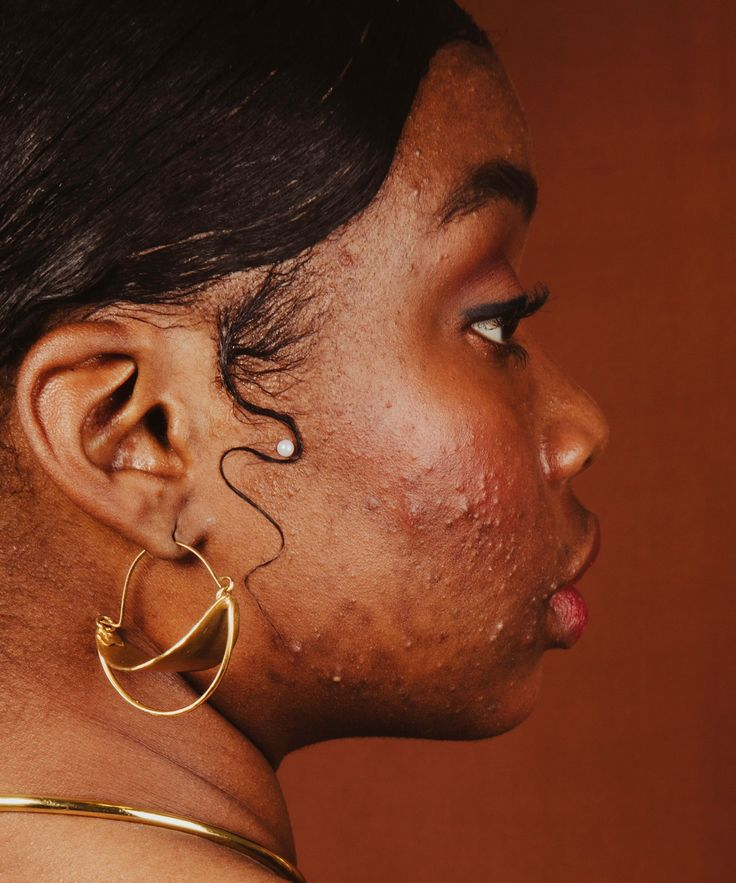Stress is a common factor that can exacerbate skin conditions and lead to skin reactions such as redness, itching, and inflammation. Understanding the link between stress and skin reactions is essential for managing symptoms and promoting overall skin health.
When the body is under stress, it releases hormones such as cortisol and adrenaline, which can affect various physiological processes, including skin function. Chronic stress can disrupt the skin’s barrier function, leading to increased sensitivity and susceptibility to irritation.
Additionally, stress can exacerbate existing skin conditions such as eczema, psoriasis, and acne. Stress-induced inflammation can worsen symptoms and prolong flare-ups, making it difficult to manage these chronic skin conditions effectively.
Furthermore, stress can impact lifestyle factors such as sleep, diet, and skincare habits, which can contribute to skin reactions. Poor sleep quality and inadequate rest can weaken the immune system and impair the skin’s ability to repair and regenerate, increasing the risk of skin reactions.
Similarly, an unhealthy diet high in processed foods, sugar, and caffeine can exacerbate inflammation and oxidative stress, leading to skin reactions. Inadequate hydration can also compromise skin health, making it more susceptible to irritation and sensitivity.
To reduce stress-related skin reactions, it’s essential to adopt stress management techniques such as mindfulness, meditation, and deep breathing exercises. Regular physical activity and adequate sleep are also crucial for reducing stress levels and promoting overall well-being.
Additionally, maintaining a healthy diet rich in fruits, vegetables, and omega-3 fatty acids can support skin health and reduce inflammation. Practicing good skincare habits, such as gentle cleansing, moisturizing, and protecting the skin from environmental stressors, can also help prevent skin reactions.
In summary, understanding the link between stress and skin reactions is essential for effectively managing symptoms and promoting overall skin health. By adopting stress management techniques and prioritizing self-care, individuals can reduce stress-related skin reactions and enjoy healthier, more resilient skin.

